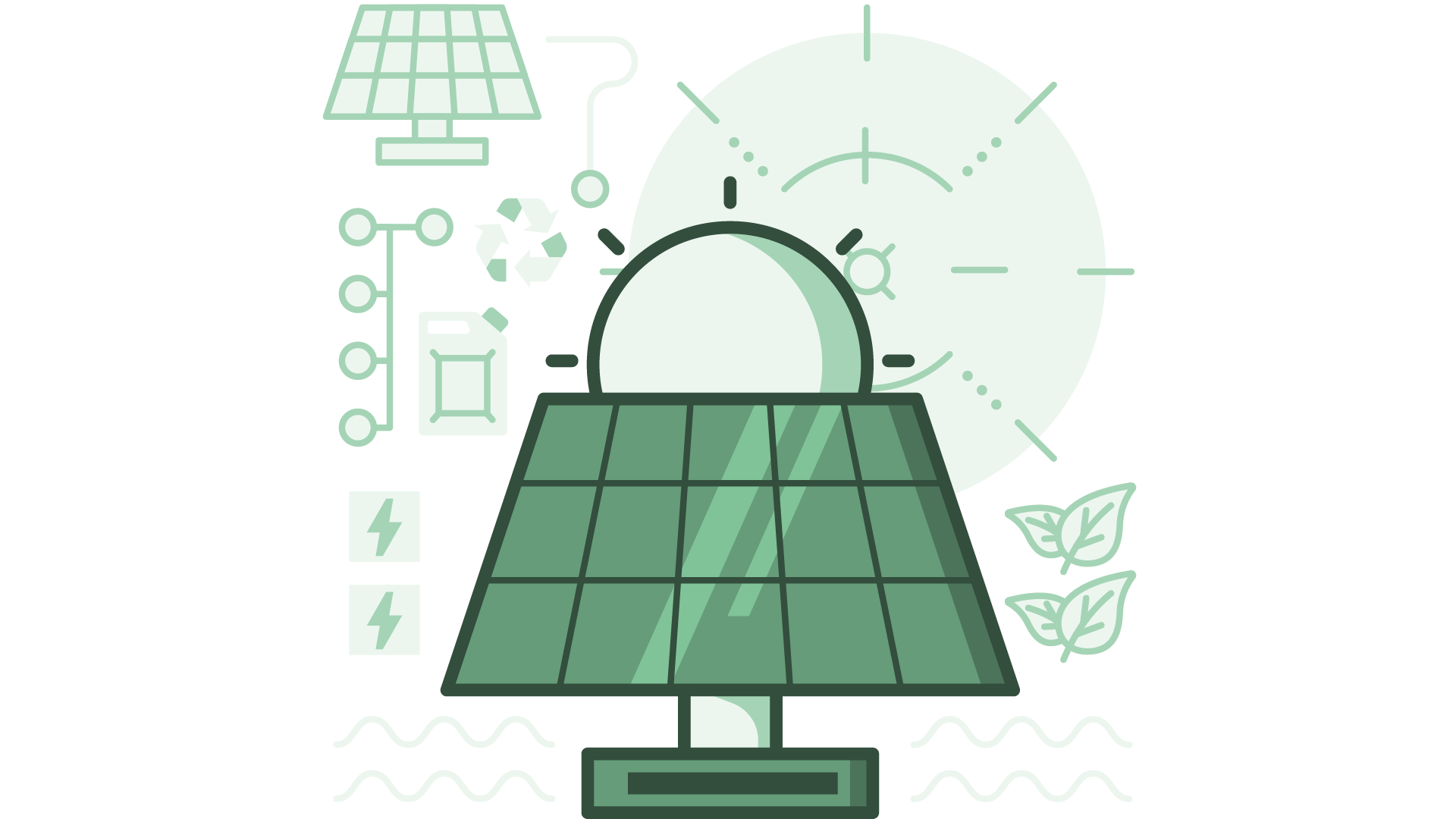- What to Consider when Creating a Solar Panel Cold Calling Pitch
- How to Convert your Leads Throughout the Pitch
It can be tempting to believe that certain people are innately blessed with the skills required to make cold calls. However, not even the most successful sales rep can tell you that learning to cold call effectively is something that happens overnight. It doesn’t matter if you are making 20 calls in a day or 100, at the heart of every cold call is a strong sales script and the ability to improvise when needed.
This does beg the question, what exactly is the hallmark of a successful sales script? Is there a way to create a template that sounds and feels like a regular conversation? How do we figure out the most effective ways to create the best solar panel cold calling scripts? Let’s begin!
Factors to Consider when Creating a Solar Panel Cold Calling Pitch
There are certain schools of thought that say the most effective method of creating a home improvement pitch is to make it all about volume. In other words, make hundreds of calls each cold calling session in the hope that about 1-5% convert into sales. This is not only a waste of resources for your business, but it can also be a sure-fire way to cause burnout among your sales reps.
With most prospects you will only have one opportunity to get it right. If the initial call doesn’t go well the prospect is less likely to want to hear from you or anyone within your organization in the future.
Before you start calling your leads, you need to first master the ingredients that make a great solar panel cold calling pitch. Once you have all of the individual parts of your pitch down it should be easy to improvise, ensuring that your interactions with prospective customers are less stressful and more natural, leading to more sales.

Use a Clear Introduction and Set the Tone
While this should be a non-issue, the first thing you should do on any home improvement pitch is to ensure that you clearly introduce yourself. It is surprising to know just how many people inadvertently skip this step, either by hurrying through their introduction or simply by diving right into their pitch the moment the prospective customer answers the phone.
Another mistake that you can make is simply asking, “Hello, is this [prospect name]?” and then waiting for them to reply before you introduce yourself. Doing this, more times than not, will make the prospect hang up, especially when you consider that most people do not want to reveal their name before they have an idea of who they are speaking to.
When talking to prospects, be sure to ask if they have a few minutes to speak with you before you continue your pitch. While this might appear counterintuitive, the aim here is to show that you are a responsive and empathetic individual.
Nobody wants to receive a call like the following:
Prospect: Hello?
Sales Rep: Hi, is this [prospect]?
Prospect: Yes, but I am in the middle of something at the moment.
Sales Rep: I am calling on behalf of [company name] to offer you-
Prospect: ~ Hangs up. ~
The most effective way around this is to ask if it is a good time. It might appear like you are giving them an avenue to end the conversation (you actually are) but when you provide your prospects a sense of control over the conversation, they are more likely to hear what you have to say. If a prospect has agreed to give you 5 minutes out of their day, they are going to be a lot more receptive than someone who is barely paying attention and waiting for the call to come to a conclusion.
Once they have agreed to continue the conversation, you can take a minute or two to build rapport and dive into your pitch. Try to hit as many of these points as possible:
- Open with a friendly question that is not sales-related. The question should prompt an answer that will help you to carry the conversation forward and build rapport. Avoid delicate subjects such as politics, and always keep it work-appropriate. For example, you could ask:
- How was your weekend?
- Did you catch the game last night?
- Did you guys get hit by that crazy storm yesterday?
- Smoothly transition into your pitch by starting with something that makes you stand out from your competitors. For example, you might say you’re the largest supplier of solar panels in their region or your team specializes in installing solar panels for a particular type of home.
- Highlight your proven worth. Along with your pitch, provide facts or anecdotes about happy customers, awards your company won, or the number of years you’ve been in business.

Convert your Leads Throughout the Pitch
Regardless of whether you are aiming to get low-intent or high-intent leads, every positive development in your call should lead you closer to your primary conversion goal, which for solar is typically to schedule an in-person evaluation. Considering how important the evaluation is, you will usually want to structure any home improvement cold calling script in a manner that gets a prospect to schedule the evaluation before you have finished qualifying the lead with eligibility-related questions.
These are the key components to successfully scheduling an evaluation:
- Be quick. Your timing is important, so don’t waste your time dwelling on any unnecessary details. As soon as you gauge that your prospective customer has any level of buying intent, quickly make an appointment. If you don’t move fast, they may change their mind or have to rush off the call before you can schedule any follow up.
- Make it easy. It is imperative that your audience knows how simple the entire process is. You are selling solar panels, so your pitch needs to highlight how convenient the entire process will be for them. Give clear, simple steps for what you will need from them, and assure them that they will not have to worry about anything aside from those steps.
- Offer multiple options. With every sale, you should provide your prospective customers options. To add some urgency, you could provide them with a few available time slots over the next few days. You could also say that you have a specialist nearby that could drop by either today or tomorrow for an appraisal of their home improvement, if this is indeed the case.
- Prepare to handle objections. Numerous callers tend to be curious about how much they can save by getting solar or undergoing some home improvement. Of course, as a sales rep, you can only provide general information, not specific estimates. This could lead to some pushback against the appointment. Make sure you have some well crafted rebuttals, including an explanation of why every home improvement and solar panel installation is unique and why an in-person appointment will be necessary in order to answer some of their questions.
Conclusion
It’s important to remember that building trust and rapport is fundamental to any successful cold calling pitch. Most people view cold calling as a calculated means to an end, and it is but the most effective pitches are the ones that take into account the person on the other end of the call.
In addition to building a strong relationship, the best solar panel cold calling scripts will prepare you to provide detailed information on request, take into account the prospective client’s time, and move quickly from initial contact to setting up an appointment.



